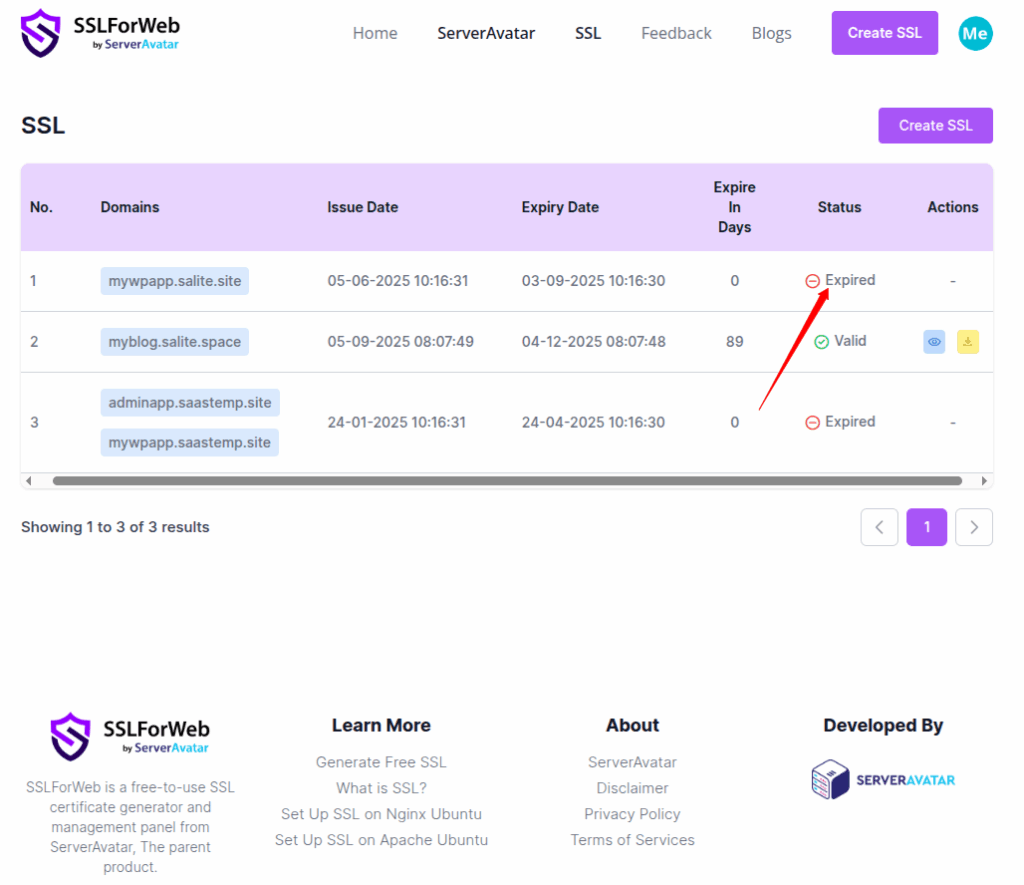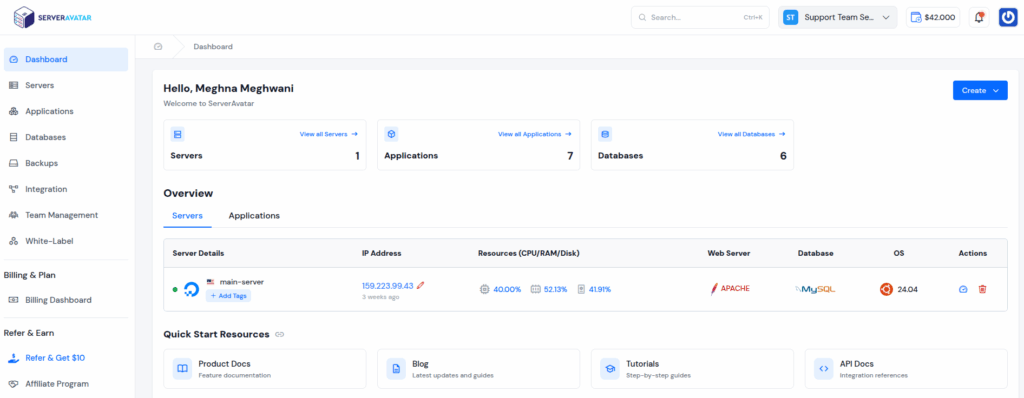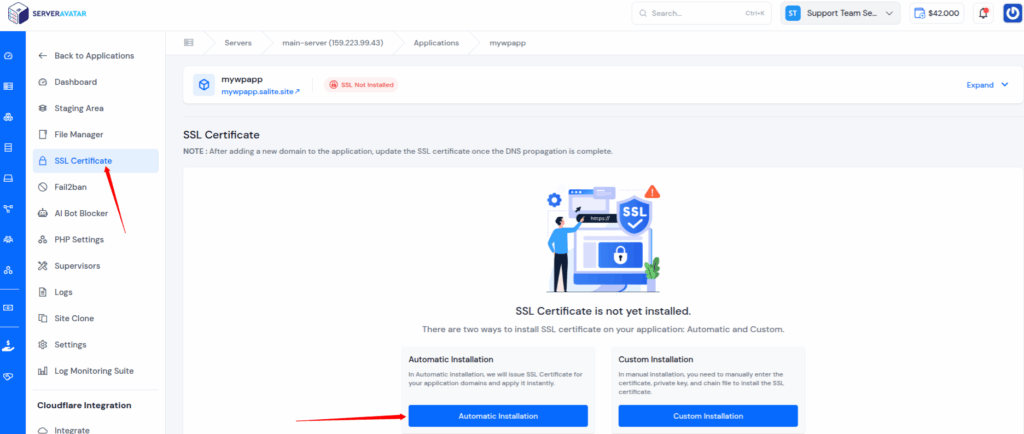Renew an SSL Certificate in time to keep your website secure and maintain trust with your audience. In today’s digital world, SSL certificates are more than just a security layer; they are essential for building trust with your audience and maintaining website credibility. If your SSL certificate is about to expire, you need to renew it in time to avoid downtime, security risks, and potential search engine ranking issues.In today’s digital world, SSL certificates are more than just a security layer; they are essential for building trust with your audience and maintaining website credibility. If your SSL certificate is about to expire, you need to renew it in time to avoid downtime, security risks, and potential search engine ranking issues.
In this guide, we will walk you through everything you need to know about renewing an SSL certificate, step by step.
What Is an SSL Certificate Renewal?
An SSL certificate renewal is the process of extending your website’s SSL validity once the old certificate is about to expire. Just like your passport or driving license, an SSL certificate has an expiry date. If not renewed, your website will:
- Display browser warnings (like “Not Secure”).
- Lose encrypted communication.
- Potentially harm your SEO rankings.
That’s why it’s crucial to renew before expiry.
Why Is SSL Renewal Important?
SSL certificates don’t last forever. Here’s why timely renewal is important:
- Maintains Security: Protects sensitive data such as login credentials, personal information, and payment details.
- Builds Trust: Keeps the padlock symbol visible, ensuring visitors feel safe on your website.
- Avoids Downtime: Prevents disruptions in website functionality caused by expired SSL.
- Boosts SEO: Search engines like Google prioritize websites with valid SSL certificates.
Step-by-Step Guide: How to Renew an SSL Certificate
Renewing your SSL certificate is simple when done correctly. Follow these steps:
- Navigate to the SslForWeb. In the SSL section, you can see the total number of SSL certificates that you generate, with the expiry date and the status, as you can see in the image below.

- Please note that in SslForWeb, you’ll need to generate a new SSL certificate for any domain whose certificate has expired.
- From the SSL section, click on the Create SSL button.
- Enter your domain name. You can enter the domain name with www. or without www., for example, I’m using here “mywpapp.salite.site”. If you have any subdomains, you can it here by separating them with a comma.
- Select verification type from HTTP and DNS. Please note that if you create a wildcard SSL, the default selected verification type is DNS.
- Accept the checkbox to create an SSL Certificate and click on the Create button.

If you select DNS as a verification type:
- Log in to your account from where you host your domain.
- Go to the DNS record settings and create a new TXT record.
- In the Name field, enter the domain TXT record that will be mentioned in your dashboard.
- In the Value field, enter the verification code that will be mentioned on your dashboard.
- Wait for a few minutes for validation and click on the “Check” button. If you have multiple entries, make sure to check for all of them and click on the Validate Domain button.
- That’s it! Your SSL certificate is generated.
If you select HTTP as a verification type:

- Download the given file from the dashboard.
- Navigate to the root folder of your domain. If you are managing servers and applications from ServerAvatar, you can easily use the File Manager to navigate to the root folder and complete the process.
- Create a “.well-known” named folder in the root folder of your site, and inside the “.well-known” folder, create another folder named “acme-challenge”.
- After that, upload the file that we downloaded previously inside the acme-challenge folder.
- Simply click on the link given in step 3 to check if it opens with random characters or not, and click on the check button to verify the status.

- Just click on the Validate Domain button.
- You can see that the SSL certificate has been generated. Now, you can simply use the generated SSL certificate to secure your site.

What Happens If You Don’t Renew?
If you fail to renew your SSL certificate:
- Visitors will see a “Not Secure” warning.
- E-commerce transactions may fail.
- Your website may experience a drop in conversions.
- Search engines may penalize your ranking.
In short, not renewing your SSL can cause serious security and business risks.
Why Choose SslForWeb for SSL Renewal?
SslForWeb makes SSL renewal simple, quick, and reliable. Here’s why thousands trust us:
- Free SSL & Wildcard SSL Certificates
- Fast validation and issuance.
- Easy-to-follow steps for creating and renewing an SSL Certificate.
Free Automatic SSL with Auto-Renewal by ServerAvatar
ServerAvatar is a platform to simplify the hosting and management of servers and applications. It simplifies the process of deploying and managing PHP and Node.js-based web applications on servers. If you’re using ServerAvatar to host your sites, you don’t need to worry about manual SSL renewal at all.

ServerAvatar provides free automatic SSL certificates with auto-renewal for your sites. This means:
- Your websites always stay secure without manual effort.
- Automatic renewal for your SSL certificates.
- You save time and eliminate the risk of downtime due to expired certificates.

For website owners who want peace of mind, using ServerAvatar is the perfect for security, automation, and reliability.
Frequently Asked Questions (FAQs)
1. Can I renew SSL before expiry?
Yes! You can renew your SSL certificate up to 30 days before expiration.
2. Do I need to generate a new CSR for renewal?
In most cases, yes. A new CSR ensures your renewed certificate is valid and secure.
3. Will my old SSL stop working after renewal?
No, your old SSL will continue to work until it expires. The new one simply replaces it.
4. Can SslForWeb handle the installation for me?
Yes, our support team can guide you or handle installation based on your server setup.
Conclusion
Renewing an SSL certificate is not just a technical task, it’s a necessity for keeping your website secure, trustworthy, and SEO-friendly. By renewing on time with a trusted provider like SslForWeb, you protect your visitors, maintain your brand credibility, and ensure smooth business operations.
And if you want a hassle-free option, ServerAvatar offers free automatic SSL with auto-renewal, ensuring your sites are always secure without any manual intervention.
Don’t wait until it’s too late, renew your SSL certificate today with SslForWeb or choose the automated path with ServerAvatar for uninterrupted website security.



